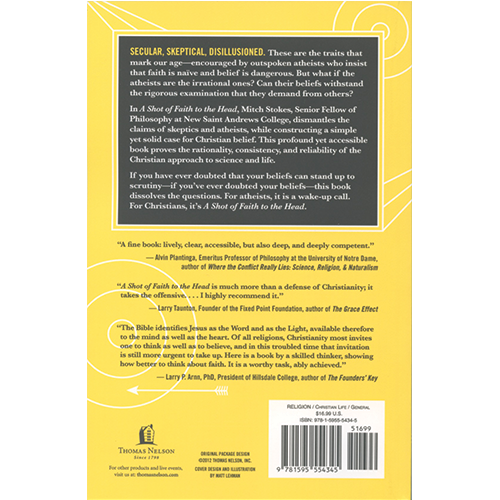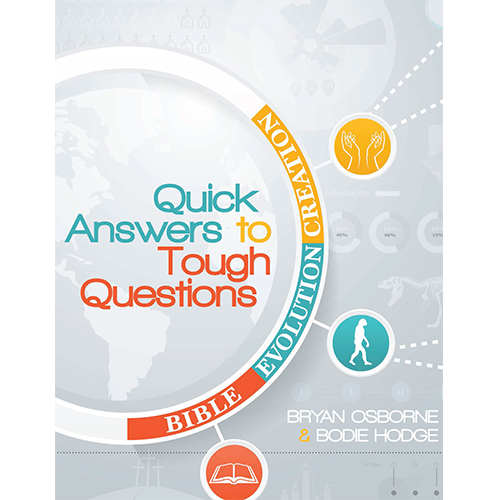In our previous blog posts, we discussed the study of Apologetics, which is crucial for pastors and essential for our children. But what about us? Does the average, every-day Christian need to devote time and resources to pursue an understanding of Biblical Apologetics? Isn’t belief in Christ and a love for God enough?
Personal Apologetics
“I am not ashamed of the gospel of Christ, for it is the power of God to salvation for everyone who believes, for the Jew first and also for the Greek.” Romans 1:16
 It’s easy to say we aren’t ashamed of the Gospel. But what happens the first time we are challenged to defend what we believe to be truth? Do we stand on the authority of Scripture, or do we rely on our own thoughts, opinions, and experiences? If God’s Word is Truth—and it is, if the Scriptures are a two-edged sword—and they are, should we not wield that Truth with confidence in the One who is Truth?
It’s easy to say we aren’t ashamed of the Gospel. But what happens the first time we are challenged to defend what we believe to be truth? Do we stand on the authority of Scripture, or do we rely on our own thoughts, opinions, and experiences? If God’s Word is Truth—and it is, if the Scriptures are a two-edged sword—and they are, should we not wield that Truth with confidence in the One who is Truth?
Established in the Faith
“As you therefore have received Christ Jesus the Lord, so walk in Him, rooted and built up in Him and established in the faith, as you have been taught, abounding in it with thanksgiving.” Colossians 2:6-7
Although many well-meaning Christians will claim that all we need is belief in Christ and a love for God, how can we truly believe in or love someone we do not know? Through the study of Biblical Apologetics, true believers come to understand the God of the Bible as He has revealed Himself to us: Not just as a loving Savior and friend, but as King of kings and Lord of lords.

Throughout the New Testament, the Apostles used Apologetics to defend the faith before the Jews and Romans; the religious leaders and civic authorities. Standing boldly on the Word of God, they proclaimed His Truth, rather than their own opinions. Often their stance was met with blows, imprisonment, torture, and death. Do we have similar courage to challenge the humanistic worldview embraced by the world around us? Or will we drop our swords in favor of our own opinions?
Using Apologetics to Reach the Lost
“But sanctify the Lord God in your hearts, and always be ready to give a defense to everyone who asks you a reason for the hope that is in you, with meekness and fear.” 1 Peter 3:15
 Before we can give a defense to those who ask us, we must first sanctify (set apart) the Lord God in our hearts. We do this through standing on His Word in confidence. When we are established in the faith, we will be ready to give a defense. But what if the unbeliever does not accept the Scriptures as Truth? Should we abandon our swords for a more palatable defense?
Before we can give a defense to those who ask us, we must first sanctify (set apart) the Lord God in our hearts. We do this through standing on His Word in confidence. When we are established in the faith, we will be ready to give a defense. But what if the unbeliever does not accept the Scriptures as Truth? Should we abandon our swords for a more palatable defense?
Recently I was following a debate on Facebook. The original post was clearly exposing the horrific nature of abortion. While I agreed with the author, I was saddened by the defense given for her position. When challenged to provide justification for her beliefs, she not only refrained from upholding the teachings of Scripture, but she chastised other Christians who did. Claiming that unbelievers do not accept the Bible as Truth, this young lady thought it necessary to convince them with her own opinions. The problem is: when you use your own opinions as your authority, you are not sanctifying Christ as Lord. You are worshiping yourself instead.
Apologetics is a reasoned defense; a justification for one’s beliefs, and the communication of those beliefs to the world. Everyone believes in something. Where will you stand: On the opinions of men or the Word of God?
“Trust in the Lord with all your heart, and lean not on your own understanding; In all your ways acknowledge Him, and He shall direct your paths.” Proverbs 3:5-6
FROM THE CREATION STORE











